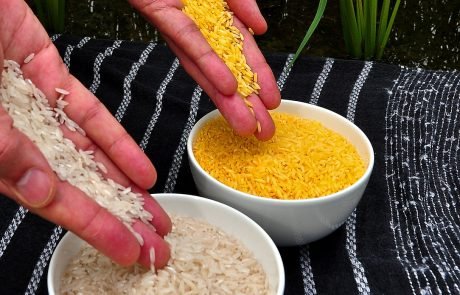From the early days of Greenpeace when its members were dodging harpoons and Japanese whalers in outboard motor boats – remember “Save the Whales!” — it has leveraged media savvy
All posts in NBT
Against the misuse of concepts and the related wrongheaded regulation in the agri-food system This piece is dedicated to Professor Klaus Ammann, who very recently passed away: committed scientist, great communicator;
A very dry summer alongside a low supply of fertilizer and energy spikes have created the perfect storm for the European agricultural sector, with staple crops like sunflower and grain
On the occasion of the publication of a new edition of the collective work Plant Biotechnology. Experience and Future Prospects, edited by Agnès Ricroch, Surinder Chopra, Marcel Kuntz (Springer, 2021)
New Genomic Techniques (NGTs): the European Commission Opens the Door. An Historical Challenge for French EU Presidency.
On April 29, 2021, the European Commission (EC) opened the debate on the regulatory status of New Genomic Techniques (NGTs) in the European Union (EU) by publishing a position paper[1].
The expected report of the European Commission on “new genomic techniques” was published as announced before the end of April 2021. It represents an attempt for an “at the same
This piece is written by three experts who are part of the heads of two European associations, the WGG (Wissenschaftlerkreis Grüne Gentechnik e.V) in Germany and the AFBV (Association Française
“Gene editing has been a formidable breakthrough”, says Michel Thibier, past president of UEAA (Interview)
Previously we’ve published an article about Union Européenne des Académies d’Agriculture calling for a revision of European regulations on genetically modified organisms. Michel Thibier, past President of the UEAA (Union Européenne des
The GMO and GE technologies are complementary and indispensable for the release of new plants able to solve new emergencies that can affect global food security and safety. In several
Abstract CRISPR-cas gene editing in crop plants could significantly speed up the progress of breeding programs. Strikingly in the agricultural sector, the number of CRISPR-cas patents originating from Europe trails









